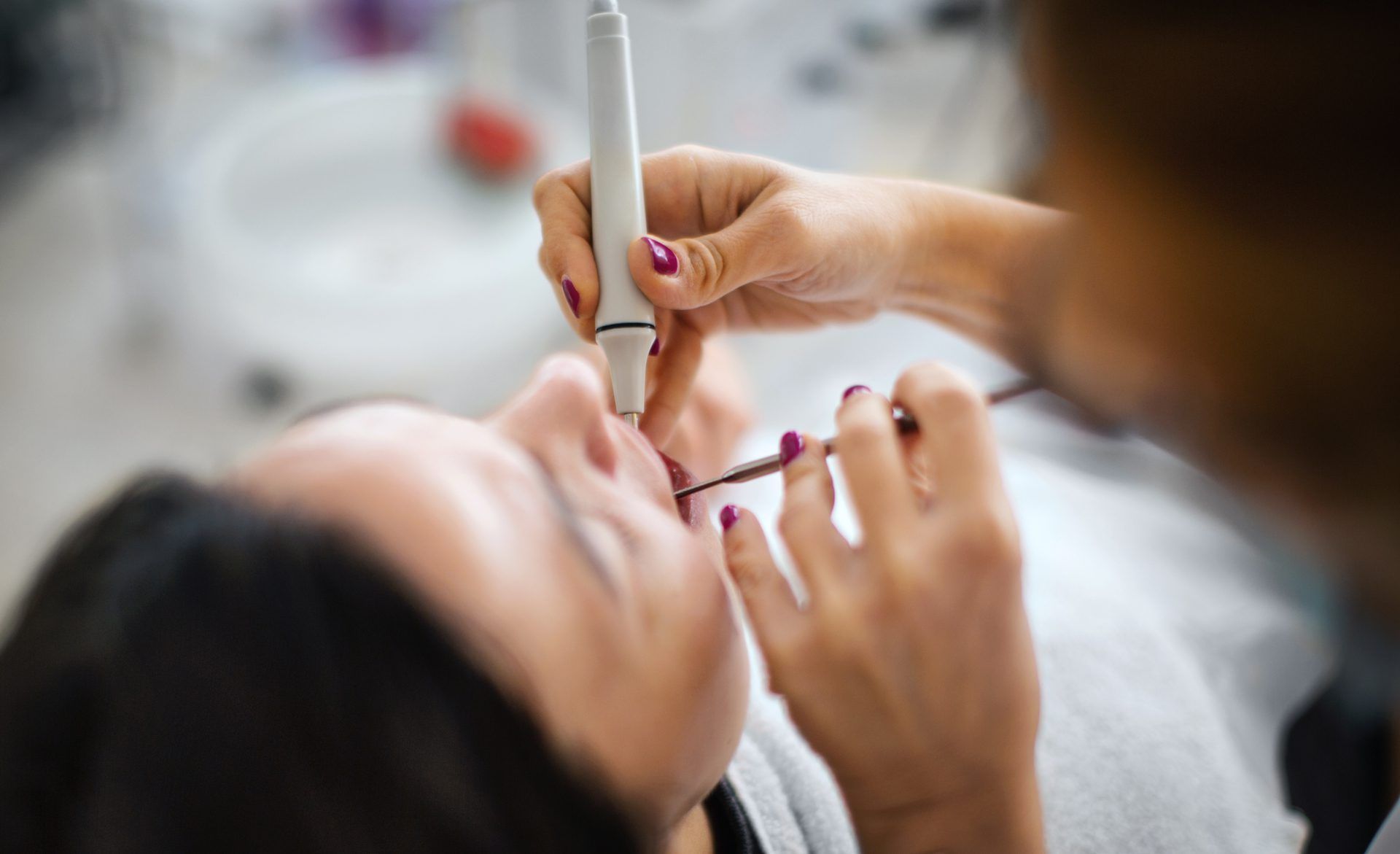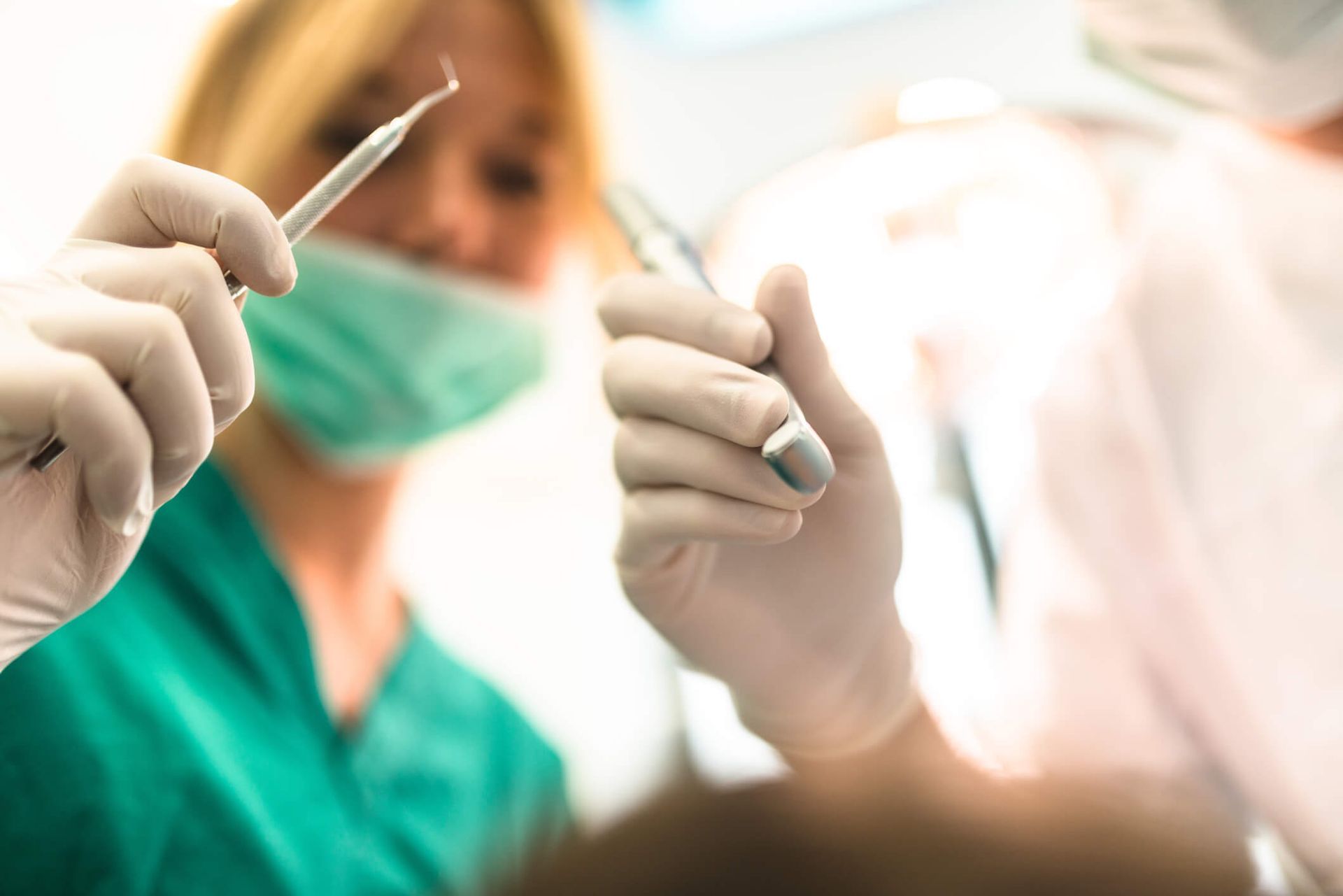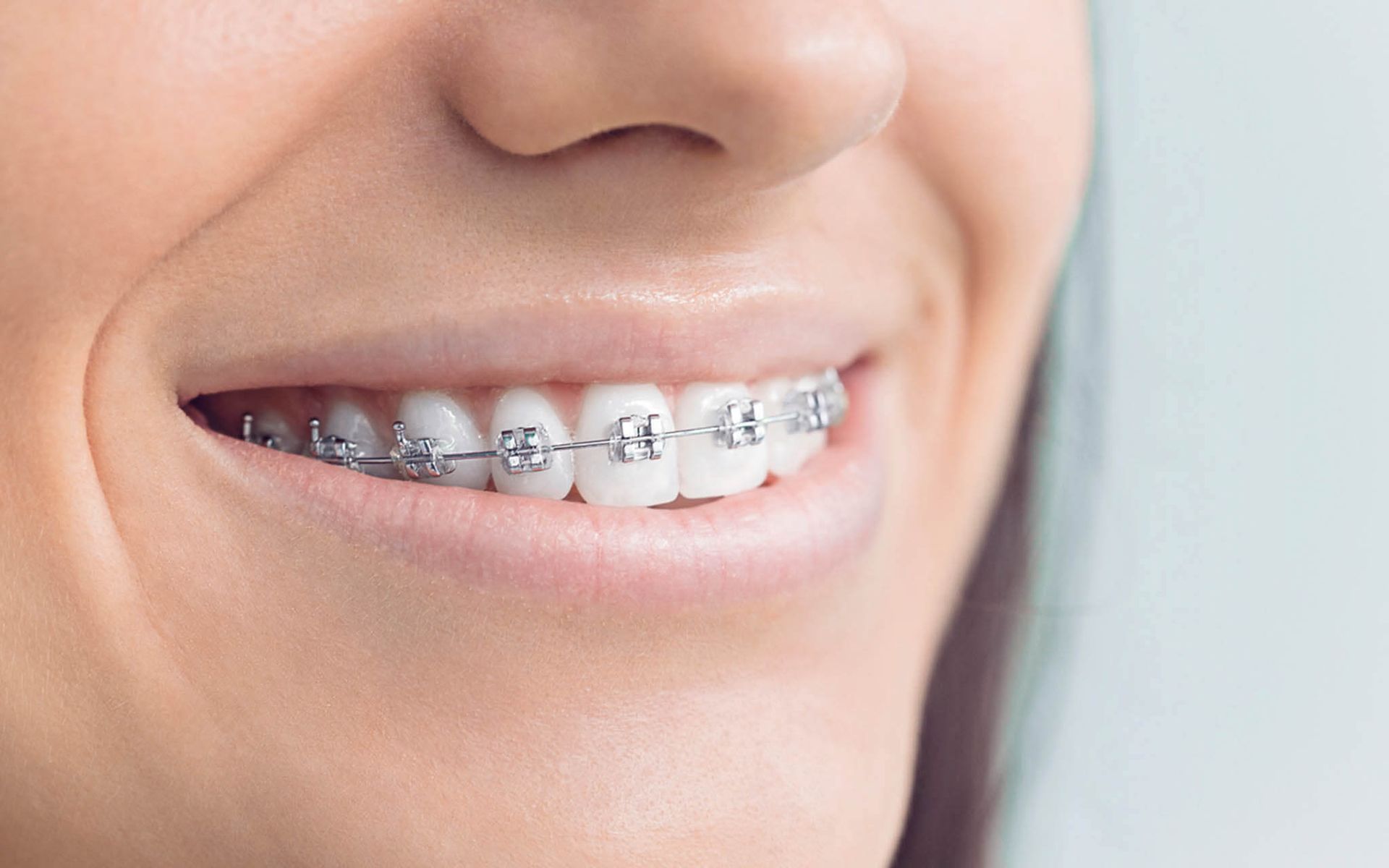The Side Effects of Grinding Your Teeth
Do you grind your teeth at night? If so, you're not alone. Millions of people suffer from bruxism or the habit of grinding their teeth. While it may seem like a harmless habit, there can be some severe side effects to grinding your teeth. In this blog post, we will discuss the side effects of bruxism and how to deal with them.
Headaches
Headaches are one of the most common side effects of bruxism. In addition, the constant grinding can cause tension headaches or migraines. You may want to see a doctor to rule out any other underlying causes if you suffer from headaches. Teeth grinding can also cause jaw pain and stiffness. The muscles in your jaw can become tight and sore from all the clenching. You may even notice your jaw pops or clicks when you open it wide. If you experience any of these symptoms, it's essential to see a dentist or doctor so they can determine if bruxism is the cause.
Gum Disease
Another side effect of bruxism is gum disease. When you grind your teeth, you put a lot of pressure on your gums. This can cause them to become inflamed and bleed easily. If left untreated, gum disease can lead to tooth loss. If you notice that your gums are red, swollen, or bleeding, be sure to see a dentist so they can treat the problem before it gets worse. Gum disease can be treated by professional cleaning, antibiotics, or surgery.
Wear and Tear on Teeth
The constant grinding of your teeth can cause them to wear down over time. You may notice that your teeth are shorter than they used to be or have become chipped or cracked. If you grind your teeth long enough, you can wear them down to the nubs! Wearing down your teeth can lead to tooth sensitivity and pain. It's essential to see a dentist if you notice any changes in your teeth so they can determine if bruxism is the cause. Treating bruxism includes wearing a mouth guard at night or getting dental work done to repair the damage.
Jaw Displacement
Another severe side effect of bruxism is jaw displacement. This occurs when your top and bottom teeth no longer line up correctly. Jaw displacement can cause pain in your jaw, neck, and head. It can also make it difficult to chew or speak properly. If you notice any changes in the way your teeth fit together, be sure to see a dentist so they can determine if bruxism is the cause. Treatment for jaw displacement includes wearing a mouthguard at night or getting dental work done to repair the damage.
Chronic Pain
Chronic pain is another side effect of bruxism. This can include headaches, migraines, neck pain, and jaw pain. You must see a doctor to rule out any other underlying causes if you suffer from chronic pain. Treatment can range from over-the-counter pain medication to wearing a mouth guard or surgery.
For peace of mind regarding youth teeth and gums, be sure to see a professional.
Get in touch with us here at Acorn Dental Health; we can offer the treatment you need.










